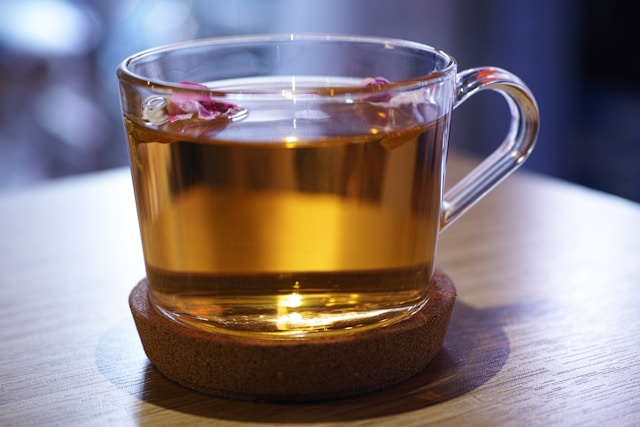
Did you know your kitchen might already have some secret weapons to keep your pearly whites strong and cavity-free? That’s right – nature has your back when it comes to fighting off the pesky bacteria that cause cavities. In today’s blog, our dentists in Woolgoolga explore some superstar ingredients to help you protect that brilliant smile!
If you’re prone to cavities, Magic Smiles Dental and Implant Centre has options to fight decay. Learn more about sealants and fluoride treatments with our dentists in Woolgoolga, NSW, by calling (02) 6654-0650 now!
1. Xylitol – The Sweet Defender
Xylitol might sound like a science experiment, but it’s just a natural sugar from plants, like birch trees and corn cobs. Unlike regular sugar, xylitol cannot feed cavity-causing bacteria (Streptococcus mutans), so they starve and die. Our dentists in Woolgoolga highly recommend chewing xylitol gum after meals to keep cavities at bay.
2. Fluoride – The Enamel Builder
Fluoride is a wonderful enamel protectant. It helps rebuild weak spots on teeth, making them tougher against acid attacks from sugary goodies. You can find fluoride naturally in some water and foods, like tea and fish. You can also ask our dentists in Woolgoolga about professional fluoride treatments for added protection.
3. Calcium and Phosphates – The Dynamic Duo
Calcium and phosphates, which are typically found in dairy, nuts, and seeds, work together to repair enamel and fortify teeth. Saliva helps deliver these minerals to your teeth, so drink plenty of water to keep things flowing!
4. Neem – The Bacteria Buster
Neem has been used in India for centuries, and for good reason. This plant is like kryptonite for harmful oral bacteria. Neem oil or powder can reduce plaque, protect your gums, and leave your mouth feeling fresh.
5. Green Tea – The Plaque Zapper
Love sipping on tea? Make it green! According to our dentists in Woolgoolga, green tea is packed with catechins, fancy antioxidants that kill cavity-causing bacteria and reduce plaque. A cup of green tea also keeps your breath smelling fresh. Win-win!
6. Coconut Oil – The Natural Cleanser
Have you heard of oil pulling? It’s an ancient practice that requires an individual to swish coconut oil around the mouth. Coconut oil fights bacteria like Streptococcus mutans while leaving the mouth cleaner and fresher. Think of it as a detox for teeth!
7. Clove Oil – The Pain Reliever
Clove oil is a natural germ-fighter, thanks to its magic ingredient: eugenol. It can stop bacteria in their tracks and even soothe a toothache. Our dentists in Woolgoolga recommend diluting clove oil with a carrier oil (like coconut oil) and carefully dabbing a little on the gums.
8. Baking Soda – The pH Balancer
Baking soda doesn’t just freshen your fridge – it freshens your mouth, too! It’s gentle but tough on plaque. Plus, it neutralizes acids, stopping cavities before they start. Here’s a tip from our dentists in Woolgoolga: Brush very gently with baking soda to avoid scratching enamel.
9. Aloe Vera – The Gum Soother
Aloe vera isn’t just for sunburnt skin. Its antibacterial properties kick out harmful bacteria, while its soothing nature keeps gums happy and healthy.
10. Cranberry – Plaque Preventer
Cranberries have special compounds that stop bacteria from sticking to teeth. Our dentists in Woolgoolga say that the fewer bacteria there are on teeth, the less plaque and cavities.
Get a Cavity-free Smile with Dentists in Woolgoolga, NSW
These natural ingredients are easy to find and work like little heroes in your mouth. Add them to your routine, but don’t forget to schedule regular dental check-ups at Magic Smiles Dental and Implant Centre. Contact our dentists in Woolgoolga here, or call our team at (02) 6654-0650 to reserve an appointment now!


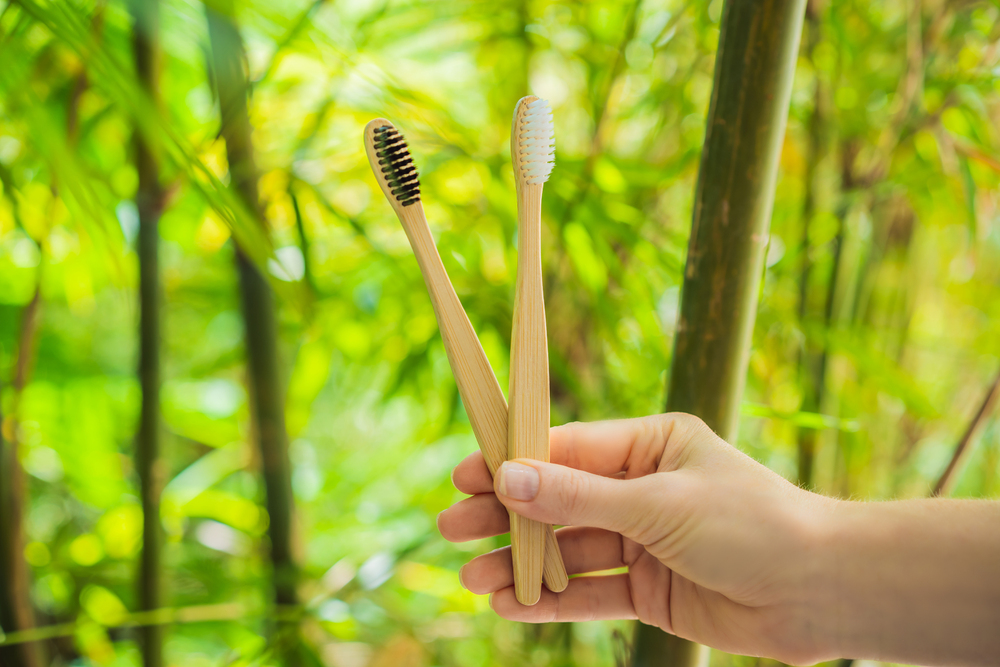


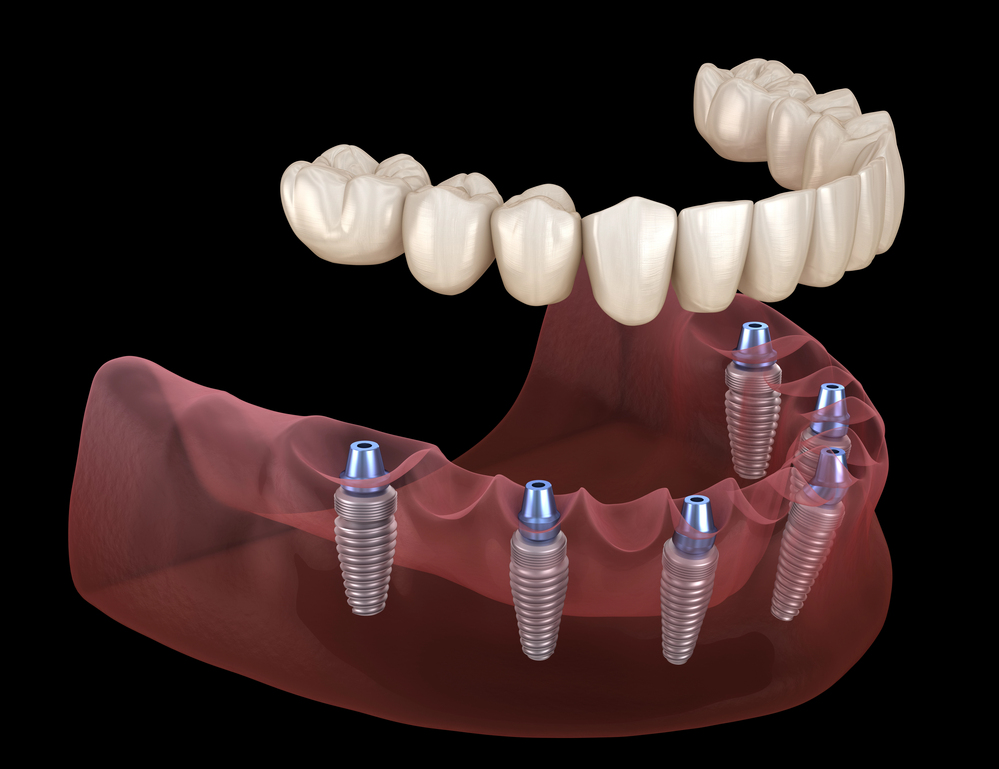
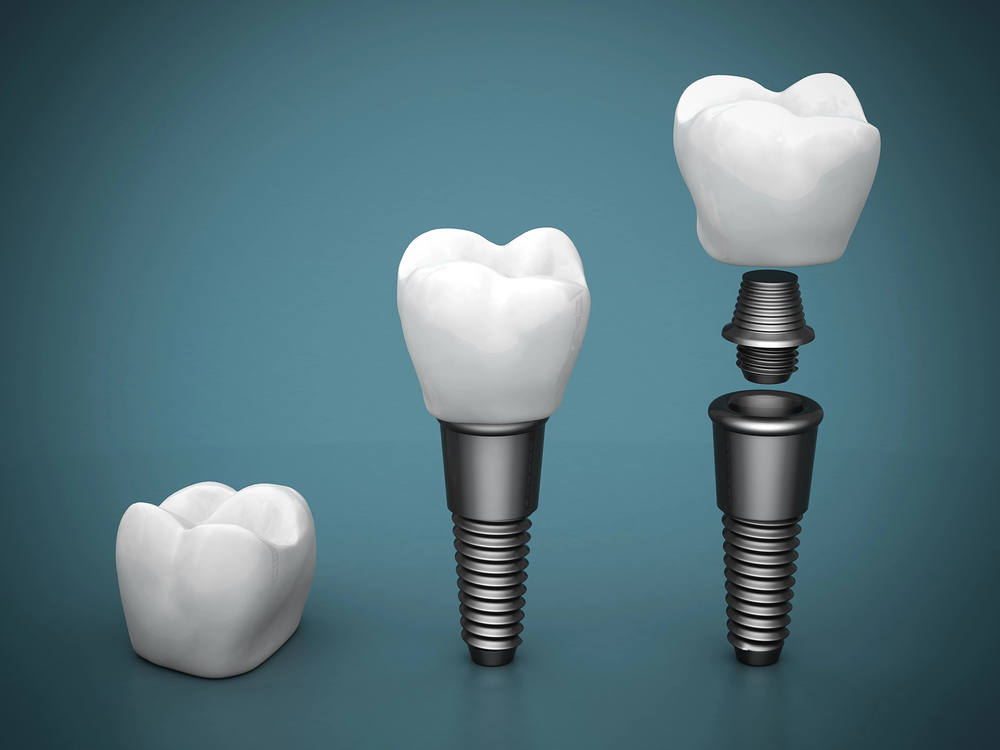

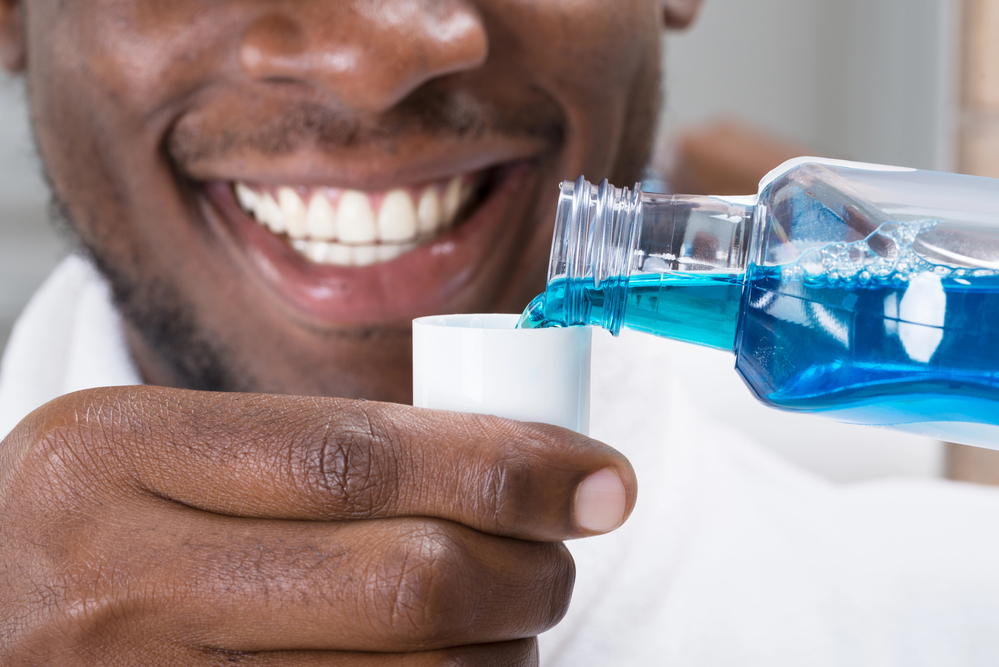



Recent Comments